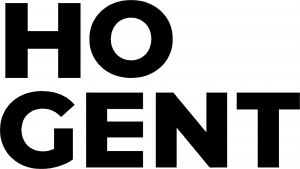Vacancies for this Program are limited, so please apply early.

Digital Tools_ECTS

Digital Tools for Cultural Heritage Management
Date:
October 2025
Duration:
3 months plus field work (part-time)
Location:
Online Training Program
Application Deadline Extended: 30 June 2025
APPLY NOW
The exchange program on Digital Tools for Heritage Management is a one-semester European Credit (ECTS) bearing program that integrates the great disciplines of heritage management and geomatics. The program is organized by a team of internationally recognized experts and is mainly offered online which allows participants from all over the world to participate. Skills in the acquisition, processing, and publication of spatial data are combined with knowledge in heritage management through hands-on course material, which is applied during fieldwork in Greece.
Digital tools for heritage management is a specialized course on spatial data (GIS), laser scanning, 3D modeling, heritage management, and community management. This 30 ECTS-credit (50% of a full year) exchange program is being offered for the first time during the autumn semester of the academic year 2023-2024 (starting in October).
HOGENT (Belgium) is the largest university of applied sciences in Flanders and counts more than 14,000 students and 1,800 members of staff, including over 200 researchers in national and international research projects. HOGENT aims for excellence in education, research, services to society, and artistic practice. Through the competence of its staff and graduates and the valorization of its research, HOGENT seeks to advance a critical, creative, and open society.
With its up-to-date, relevant, and diverse range of courses, HOGENT is a broad gateway to higher education. In addition to professionally focused bachelor’s programs and bachelor’s and master’s programs in the arts, it offers graduate courses in higher vocational education. HOGENT trains future-proof students. Central to all its study programs are future-proof skills such as critical and ethical thinking, flexibility and creativity, an investigative and entrepreneurial attitude, social and communicative skills, and problem-solving ability.
Education at HOGENT is tailored to each student. Hybrid pathways, which make use of differentiated teaching and learning methods customized to address students’ needs, enable them to reach learning outcomes and glean maximal learning benefits.
Visit www.hogent.be for more info.
Collaborative Programme
The two institutions have now decided to offer this comprehensive program, to answer the needs of students and young professionals in various disciplines e.g., architecture, land surveying, archaeology, heritage management, conservation, and the like. The importance of state-of-the-art technological skills, but also competence in international collaboration, communication, and other future-proofing skills makes this program particularly relevant.
DIGITAL TOOLS FOR HERITAGE MANAGEMENT SOMETHING FOR YOU?
Are you a student, just graduated, or a young professional in the field of archaeology, architecture, conservation, anthropology, geography, or heritage management? Do you want to enrich your expertise with essential spatial technology skills? Then our tailor-made program on Digital Tools for Heritage Management is for you.
ADMISSION REQUIREMENTS
Participating students must have obtained a minimum of 60 ECTS credits or equivalent in another higher education institution in any degree (cannot be first-year undergraduates).
Non-native speakers of English must have a minimum standard of proficiency in written and spoken English.
Some inspiring 3D modeling projects:
Architectural heritage in Nafplio, Greece
Archaeological heritage in Sultana, Romania
Cultural heritage in Tur Abdin, Turkiye
FURTHER INFORMATION
HERITΛGE
E: [email protected]
Coordinator
Dr. Evangelos Kyriakidis
E: [email protected]
HOGENT
Erasmus or other exchange programs
E: [email protected]
General and administration:
E: [email protected]
Coordinator:
Dr. Cornelis Stal
E: [email protected]
W: https://geo.hogent.be





